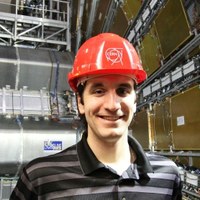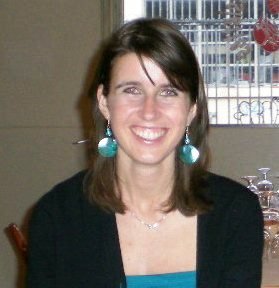
Caterina Doglioni (coordinator)
Lund UniversityCaterina Doglioni is a senior lecturer at Lund University (Sweden). She completed her PhD on QCD physics at the LHC at the ATLAS experiment at the LHC in 2011 in Oxford. Her interest in physics beyond the Standard Model and Dark Matter was developed during her postdoctoral research position at the University of Geneva (2011-2015) and subsequently at Lund University (2015-now). She is the PI of the DARKJETS ERC Starting Grant (link), and she is supported by the Swedish Research Council. Throughout her career, she has been driven by finding out more about the constituents of matter as well as by the challenges related to the “big science” needed to study them. The Large Hadron Collider is the perfect scientific environment to combine the two: with her group and colleagues she works on the challenges that a data-rich research environment presents for discoveries of rare processes at ATLAS (see this link for more information about dark matter at ATLAS). She has been one of the Dark Matter Forum and Dark Matter Working Group organizers from 2014 to 2018, and ATLAS Astroparticle Forum convenor from 2016 to 2018. She is currently the chair of the Swedish Physics Society Board for Particle and Astroparticle Physics, a member of the coordination team of the HEP Software Foundation (HSF), as well as HSF trigger and reconstruction working group coordinator.
More information at her personal webpage.
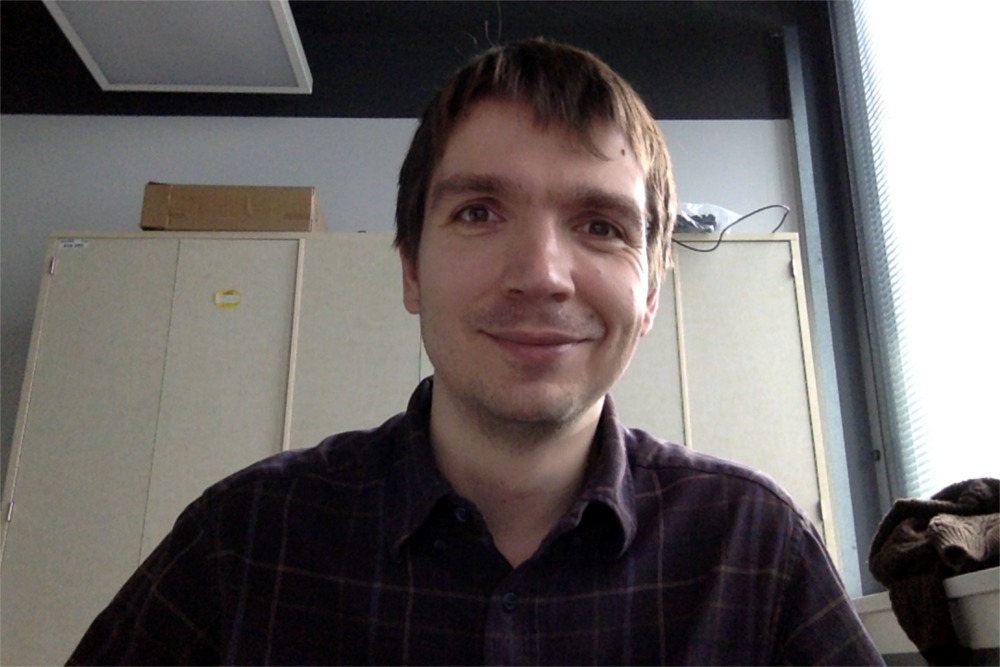
Vladimir Gligorov
CNRS/Sorbonne UniversityGligorov spent his student years being bothered by quantum nonlocality, but eventually discovered that not being able to do maths would prove less of a problem if he became an experimental physicist. After interning at the JET laboratory, learning about IDL and spectral deconvolution, he joined the LHCb collaboration and have worked there ever since.
Now he divides his time between thinking about the myriad contradictions in our theories of the microscopic and macroscopic universe, and building real-time analysis systems to help LHCb probe these contradictions to ever higher precisions. He is also involved in the International Masterclass programme and regularly work with students at the Petnica Science Centre, trying to make the next generation as excited about fundamental science as he is.
In 2016 Gligorov was awarded an ERC Consolidator Grant. His project, RECEPT, will study electron-muon and muon-tau lepton universality in the decays of beauty and strange hadrons, exploiting data taken with both the present and upgraded LHCb detector. The latter is a particular challenge as the upgraded LHCb detector will have to process, in real time, 5 TB of data per second, and perform most of the physics data analysis within this real-time system. RECEPT’s researchers will conduct research into novel reconstruction and data processing techniques, and subsequently deploy them in order to allow the upgraded LHCb detector to reach its full potential.
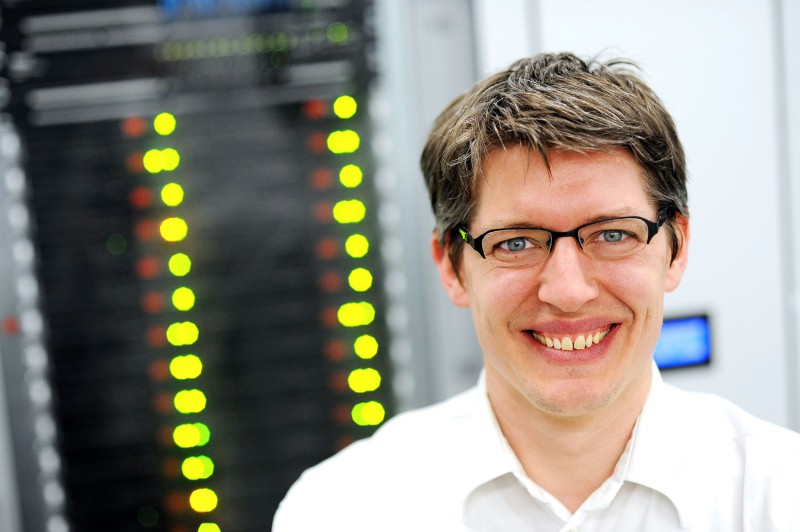
Johannes Albrecht
TU DortmundJohannes Albrecht works on the LHCb experiment at CERN, with the focus on tests of fundamental symmetries with rare heavy flavour decays. Second focus is the development of tracking detectors and reconstruction algorithms. The work on real time reconstruction is documented in LHCb’s upgrade trigger TDR or in a presentation at the ACAT 2016 conference.
He was awarded an ERC StG 2016: PRECISION.
More information at his personal webpage.
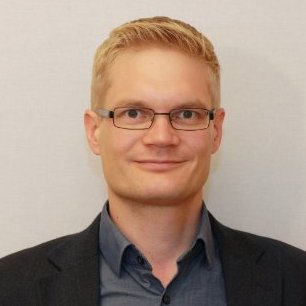
Mikko Voutilainen
University of Helsinki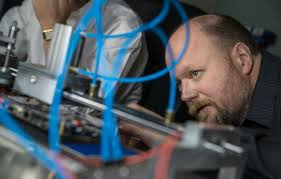
Peter Christiansen
Lund University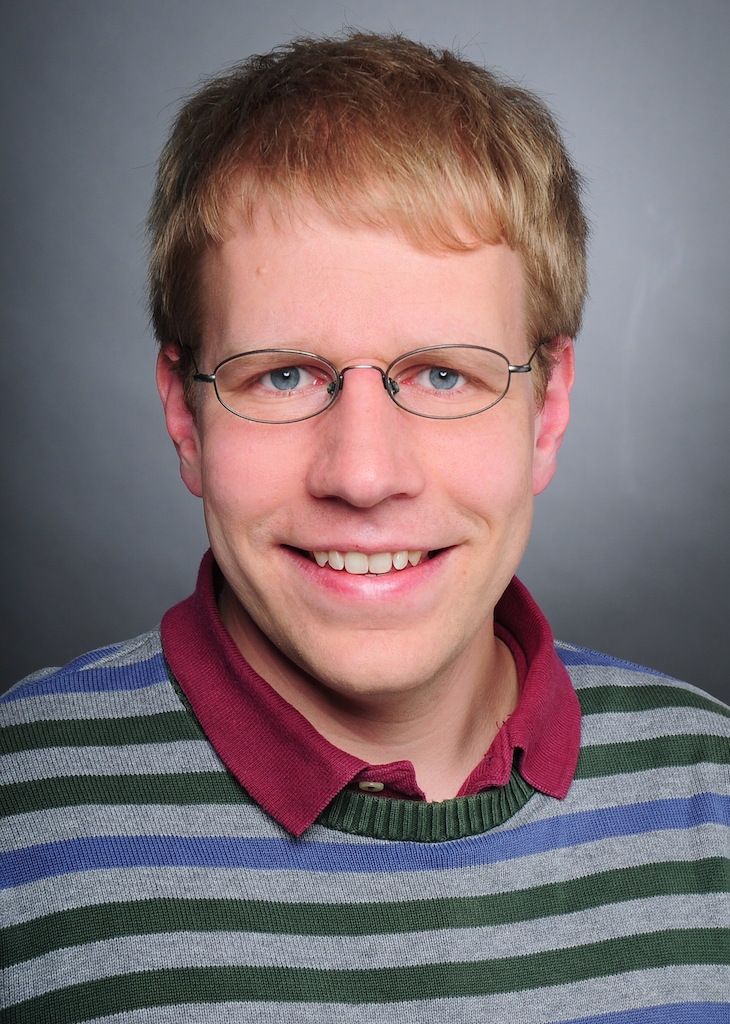
Henning Kirschenmann
University of Helsinki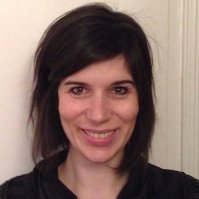
Anna Sfyrla
University of Geneva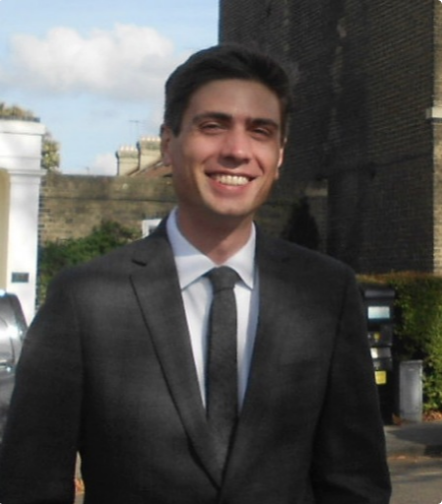
Antonio Boveia
Ohio State University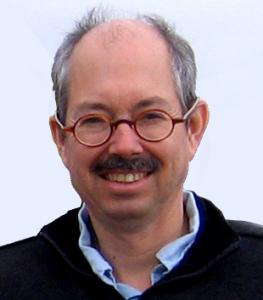
David Strom
University of Oregon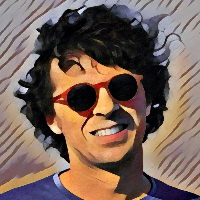
Martino Borsato
University of Heidelberg